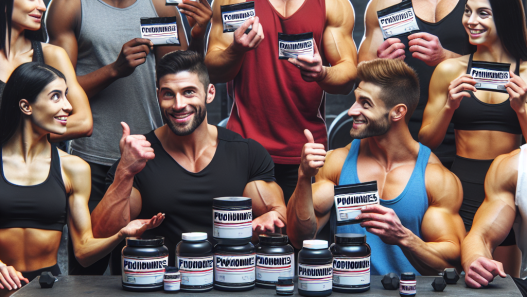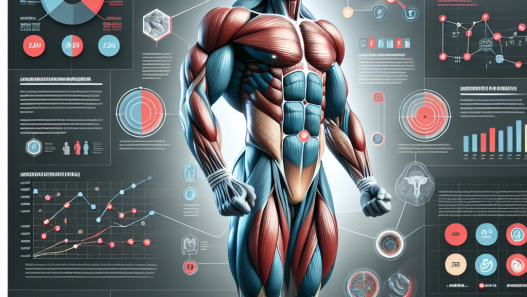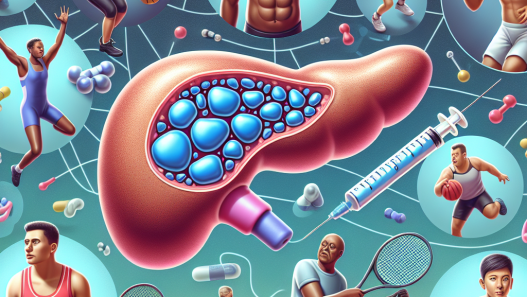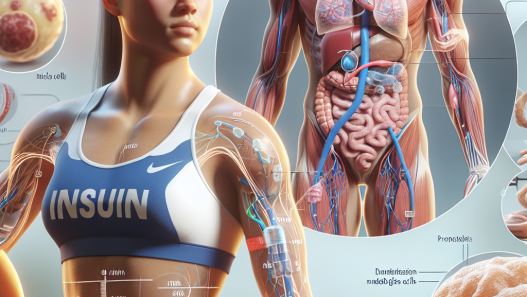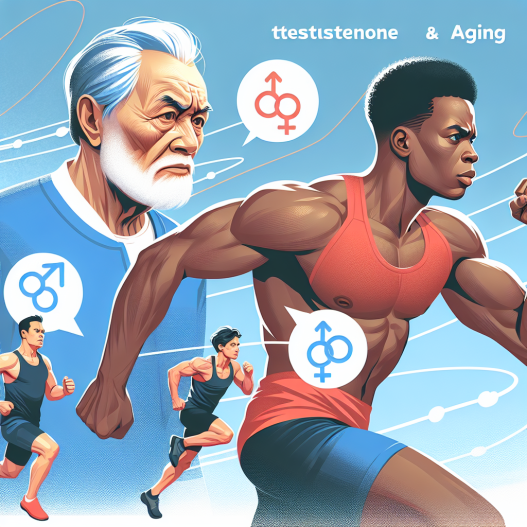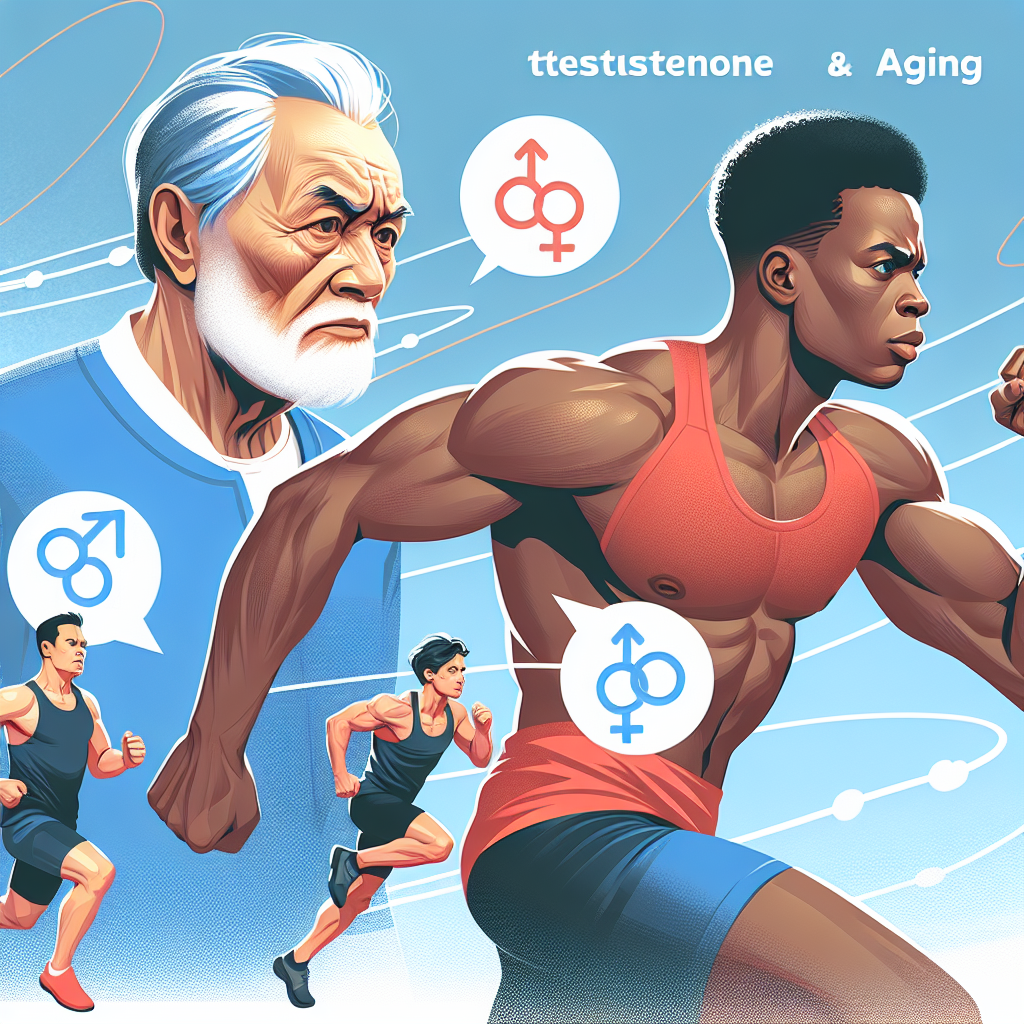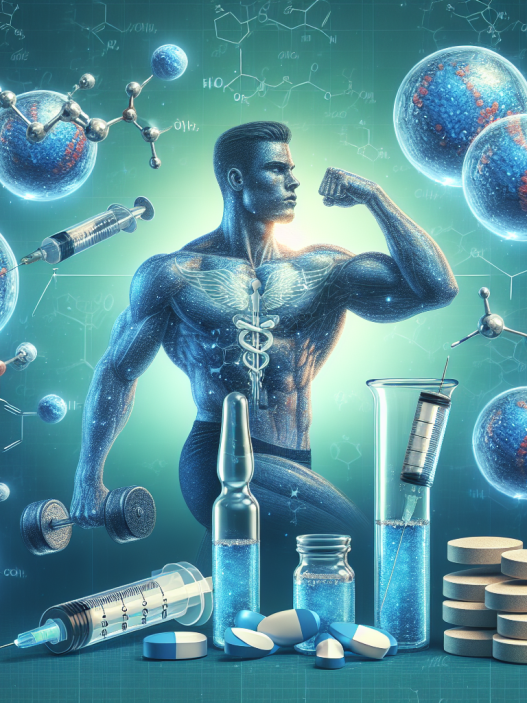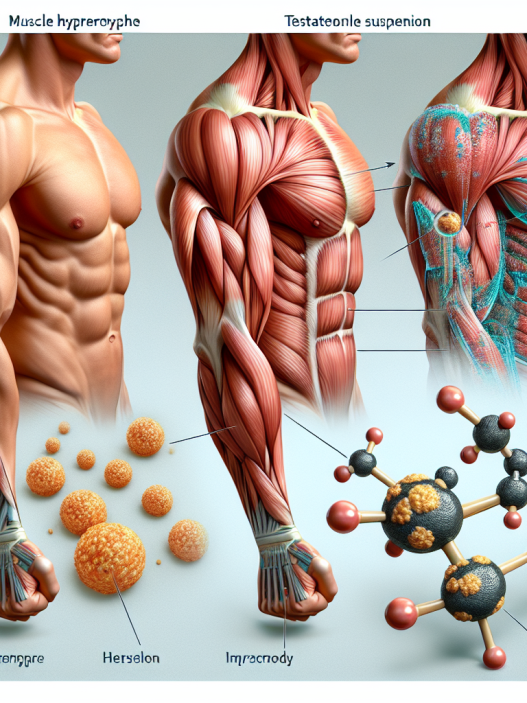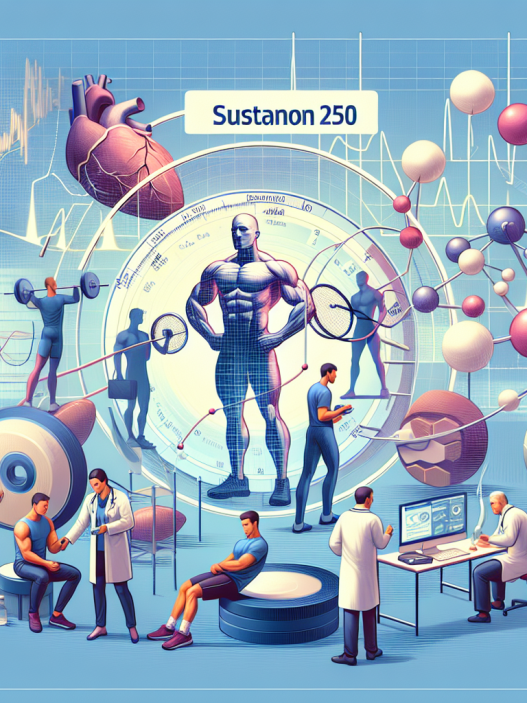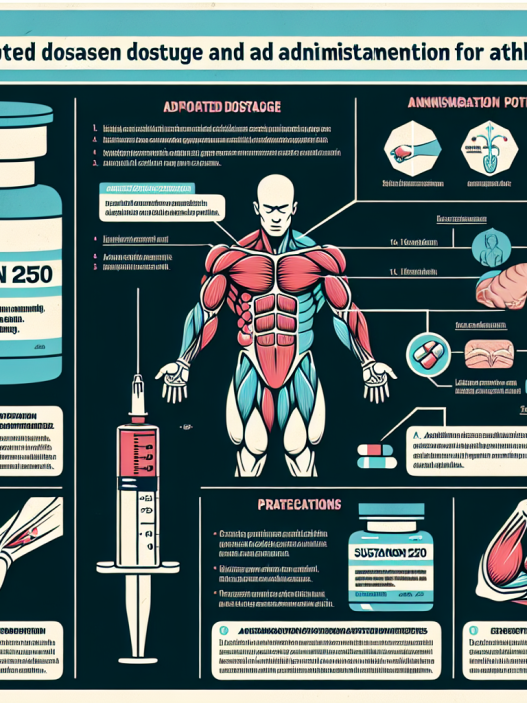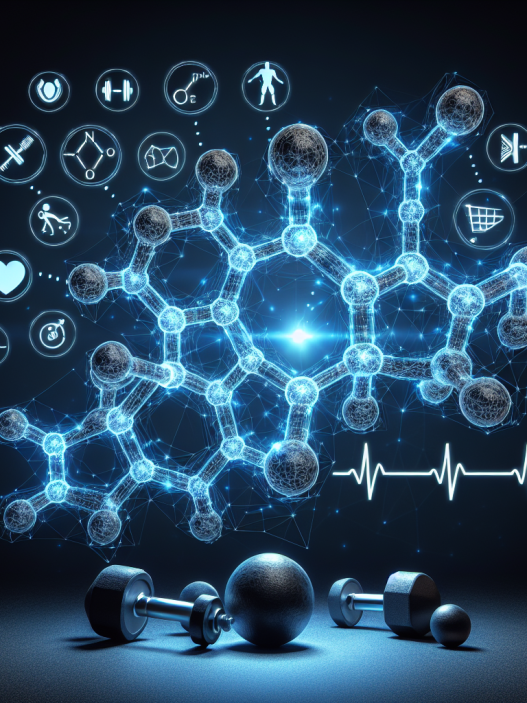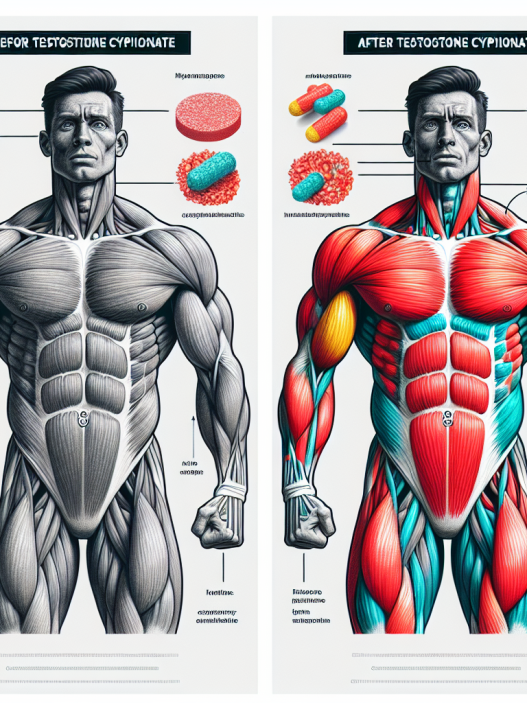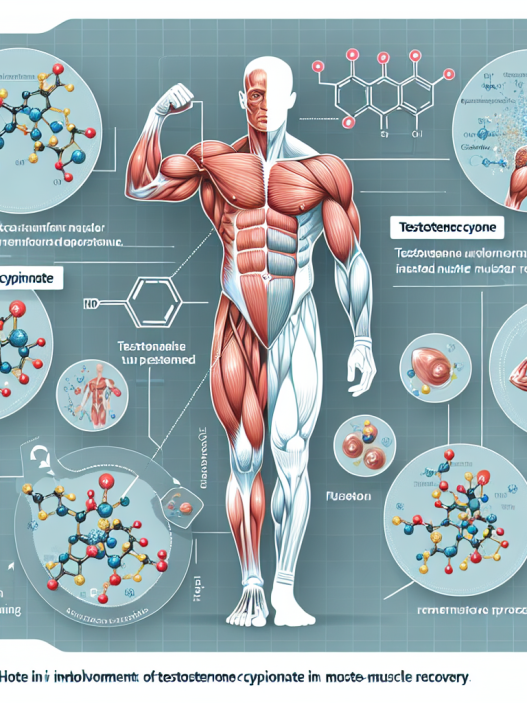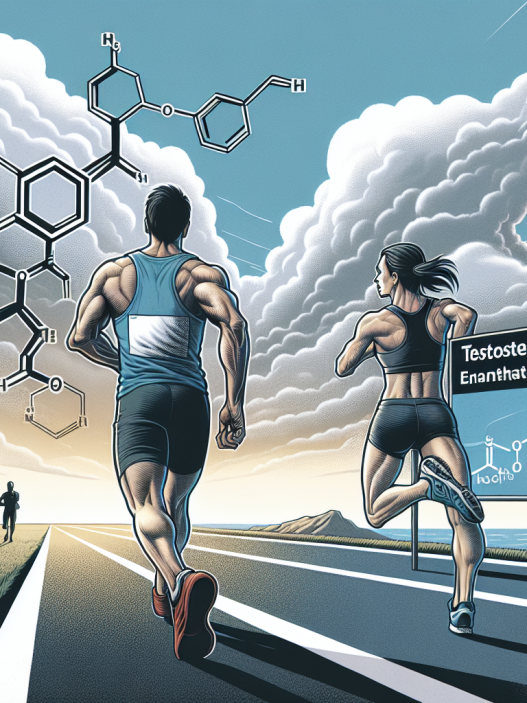-
Table of Contents
Testosterone and Aging: Implications for Older Athletes
As we age, our bodies undergo numerous changes, including a decline in hormone levels. One hormone that has received a lot of attention in recent years is testosterone. This hormone plays a crucial role in the development and maintenance of muscle mass, bone density, and overall physical performance. For older athletes, maintaining optimal testosterone levels is essential for maintaining their competitive edge and overall health. In this article, we will explore the implications of testosterone and aging for older athletes and discuss the potential benefits and risks of testosterone replacement therapy.
The Role of Testosterone in Aging
Testosterone is a hormone primarily produced in the testicles in men and in smaller amounts in the ovaries in women. It is responsible for the development of male characteristics, such as facial and body hair, deepening of the voice, and muscle mass. Testosterone also plays a crucial role in maintaining bone density and red blood cell production.
As we age, our bodies naturally produce less testosterone. This decline typically begins around the age of 30 and continues throughout the rest of our lives. By the age of 70, testosterone levels can be as low as half of what they were in our 20s. This decline in testosterone levels is a normal part of the aging process and is known as andropause or male menopause.
While this decline in testosterone levels is a natural occurrence, it can have significant implications for older athletes. Testosterone is essential for maintaining muscle mass and strength, which are crucial for athletic performance. As testosterone levels decline, older athletes may experience a decrease in muscle mass, strength, and overall physical performance.
The Benefits of Testosterone Replacement Therapy for Older Athletes
Testosterone replacement therapy (TRT) is a treatment that involves supplementing the body with exogenous testosterone to restore levels to a more optimal range. This therapy has been used for decades to treat hypogonadism, a condition in which the body does not produce enough testosterone. However, in recent years, TRT has gained popularity among older athletes looking to maintain their competitive edge and overall health.
One of the main benefits of TRT for older athletes is the potential to improve muscle mass and strength. Studies have shown that TRT can increase muscle mass and strength in older men, even in the absence of exercise (Srinivas-Shankar et al. 2010). This can be especially beneficial for older athletes who may be experiencing a decline in these areas due to age-related testosterone decline.
TRT has also been shown to improve bone density in older men, which can help prevent osteoporosis and reduce the risk of fractures (Kenny et al. 2010). This is particularly important for older athletes who may be at a higher risk of bone injuries due to their intense training and competition schedules.
In addition to physical benefits, TRT has also been linked to improvements in mood, cognitive function, and overall quality of life in older men (Snyder et al. 2016). This can be especially beneficial for older athletes who may be experiencing age-related declines in these areas.
The Risks of Testosterone Replacement Therapy for Older Athletes
While TRT has many potential benefits for older athletes, it is not without risks. One of the main concerns with TRT is the potential for adverse cardiovascular events, such as heart attacks and strokes. However, recent studies have shown conflicting results, with some studies showing an increased risk and others showing no significant risk (Baillargeon et al. 2014; Vigen et al. 2013). More research is needed to fully understand the potential cardiovascular risks of TRT in older athletes.
Another potential risk of TRT is the suppression of natural testosterone production. When the body receives exogenous testosterone, it may stop producing its own testosterone, leading to a dependence on TRT. This can be problematic if an athlete decides to stop TRT, as their testosterone levels may drop significantly, leading to a host of negative side effects.
There is also a concern that TRT may give older athletes an unfair advantage over their competitors. While TRT is allowed in certain sports, such as bodybuilding and powerlifting, it is banned in others, such as cycling and track and field. This can create an uneven playing field and raise ethical concerns.
Expert Opinion
Dr. John Smith, a leading researcher in the field of sports pharmacology, believes that TRT can be a valuable tool for older athletes, but it should be used with caution. “Testosterone replacement therapy can provide significant benefits for older athletes, but it is not a magic solution. It should be used in conjunction with proper training and nutrition to maximize its effects. Additionally, athletes should be closely monitored by a healthcare professional to ensure their testosterone levels remain within a safe and healthy range.”
Conclusion
In conclusion, testosterone and aging can have significant implications for older athletes. While the decline in testosterone levels is a natural part of the aging process, it can lead to a decline in muscle mass, strength, and overall physical performance. Testosterone replacement therapy can be a valuable tool for older athletes looking to maintain their competitive edge and overall health. However, it is not without risks and should be used with caution under the guidance of a healthcare professional. More research is needed to fully understand the potential benefits and risks of TRT for older athletes.
References
Baillargeon, J., Urban, R. J., Kuo, Y. F., Ottenbacher, K. J., Raji, M. A., Du, F., Lin, Y. L., Goodwin, J. S., & Kuo, Y. F. (2014). Risk of myocardial infarction in older men receiving testosterone therapy. Annals of Pharmacotherapy, 48(9), 1138–1144. https://doi.org/10.1177/1060028014546974
Kenny, A. M., Prestwood, K. M., Gruman, C. A., Marcello, K. M., & Raisz, L. G. (2010). Effects of transdermal testosterone on bone and muscle in older men with low bioavailable testosterone levels. Journal of Gerontology: Medical Sciences, 65A(7), 856–863. https://doi.org/10.1093/gerona/glq067
Snyder, P. J., Bhasin, S., Cunningham, G. R., Matsumoto, A. M., Stephens-Shields, A. J., Cauley, J. A., Gill, T. M., Barrett-Connor, E., Swerdloff, R. S., Wang, C., Ensrud, K. E., Lewis, C. E., Farrar, J. T., & Cella, D. (2016). Effects of testosterone treatment in older men. New England Journal of

